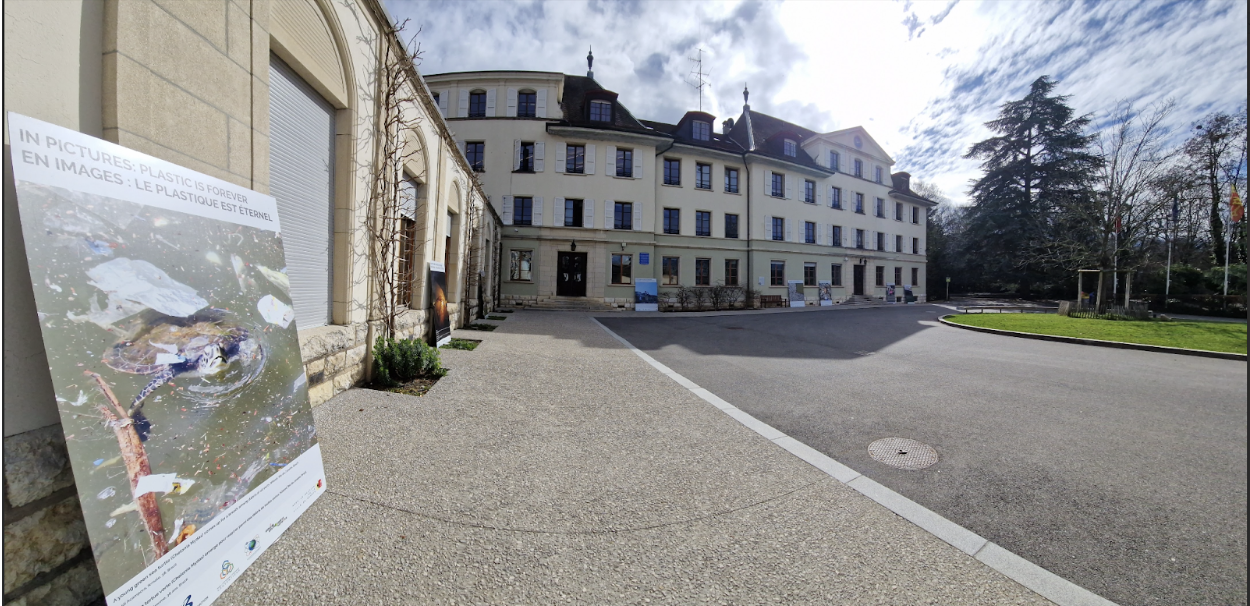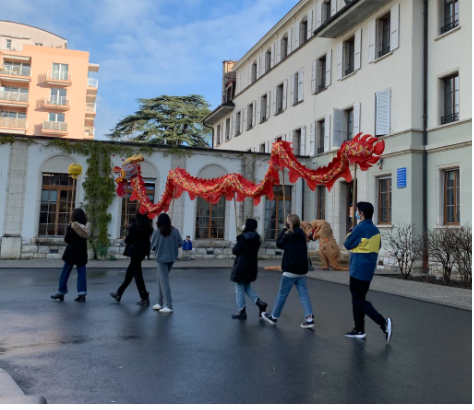By Alexandra Lopez Petalas, Year 11
Following two very impactful speeches by Antoinette Vermilye and Susan Wingfield, two climate activists, Year 11s got the chance to choose and take part in one of seven workshops regarding climate change, pollution, and sustainability as the Social Impact Project.
These workshops are run by professionals and NGOs and students could pick out of seven choices. Fast Fashion, Single-use Plastics, New Technologies to Recycle Plastic, Microplastics and Health, Policy-Making around Plastics, Creating a Plastic-Free Campus, and Waste Management in Developing Countries are all the workshops offered. Each workshop includes fascinating activities to help students get a real understanding of the effects of plastic and pollution on our health, environment, and more. For example, New Technologies To Recycle Plastics includes a visit to EPFL labs to talk with two innovative start-ups that have explored two new technologies for recycling plastic. Another example is Microplastics and Health, which explores the microplastics that can be found in our everyday life, such as those in cosmetics, clothing, and plastic bottles. There is no doubt about the importance of this project.
The diversity of workshops cannot be ignored. For example, a student interested in law could choose Policy-Making and Plastic, where students will study the negotiations around the UN treaty on plastics currently taking place and how governments are influenced when creating new laws. However, a student interested in fashion and design could choose the Fast Fashion workshop. In this workshop, students assess what is fast fashion, and what are the social, financial, environmental and health aspects of the fast fashion industry. Finally, students will also eventually plan, organize and manage our school’s first fashion swap event. Stay tuned for this very exciting event!
These workshops take place during periods 3 and 4 on Tuesdays which are normally mentor and learning commons periods. Us Year 11 students have already experienced our first of four lessons on this project and everyone has thoroughly enjoyed what they have learnt. Large placards have been placed around our campus to raise awareness for the project. They are titled “Plastic in Pictures” and they show the effects of plastic on our environment. In these posters, anyone walking around school can visually see what plastic does to different environments. In one of the placards, there is a photo of a turtle swimming with a halo of plastic around it. On another placard, there is a picture of a beach full of plastic and the water next to it is dyed brown with coloring from all of the trash and pollution.
This project is incredibly important as it is a long-term initiative to tackle a long-lasting problem. As time goes by, the problem is only going to exacerbate, which is why it is good to educate future generations and encourage future leaders to take action. These workshops are allowing us to find local solutions to a global problem.



